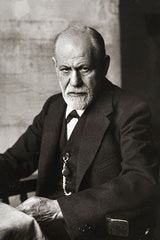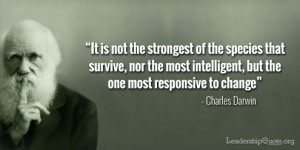Frankl, The Fall, and Redemption
I have always had a sort of fascination with the Holocaust – as strange as that may sound. It astounds me to think that people could have been so absolutely monstrous to other human beings. But in the destruction and tragedy of the Holocaust, there was also hope. Viktor Frankl saw this too. He found that when prisoners (in the concentration camps) found meaning in their lives despite the awful circumstances, those prisoners continued to live. Frankl taught that no matter what kind of situation you are in, you can make it better or worse depending on your attitude and actions. This is why I associate Frankl with both the Fall and Redemption. Although the world was falling apart around him, Viktor Frankl rose above it and inspired others to do so as well. Despite the fact that his wife, mother, and brother were all killed in concentration camps and he himself was stuck in one for three years, he found little rays of hope all around him. Frankl even found suffering to be meaningful. He is quoted as having said, “Suffering ceases to be suffering the moment it finds a meaning.” He also stated, “He who has a *why* to live can bear with almost any *how.*”


